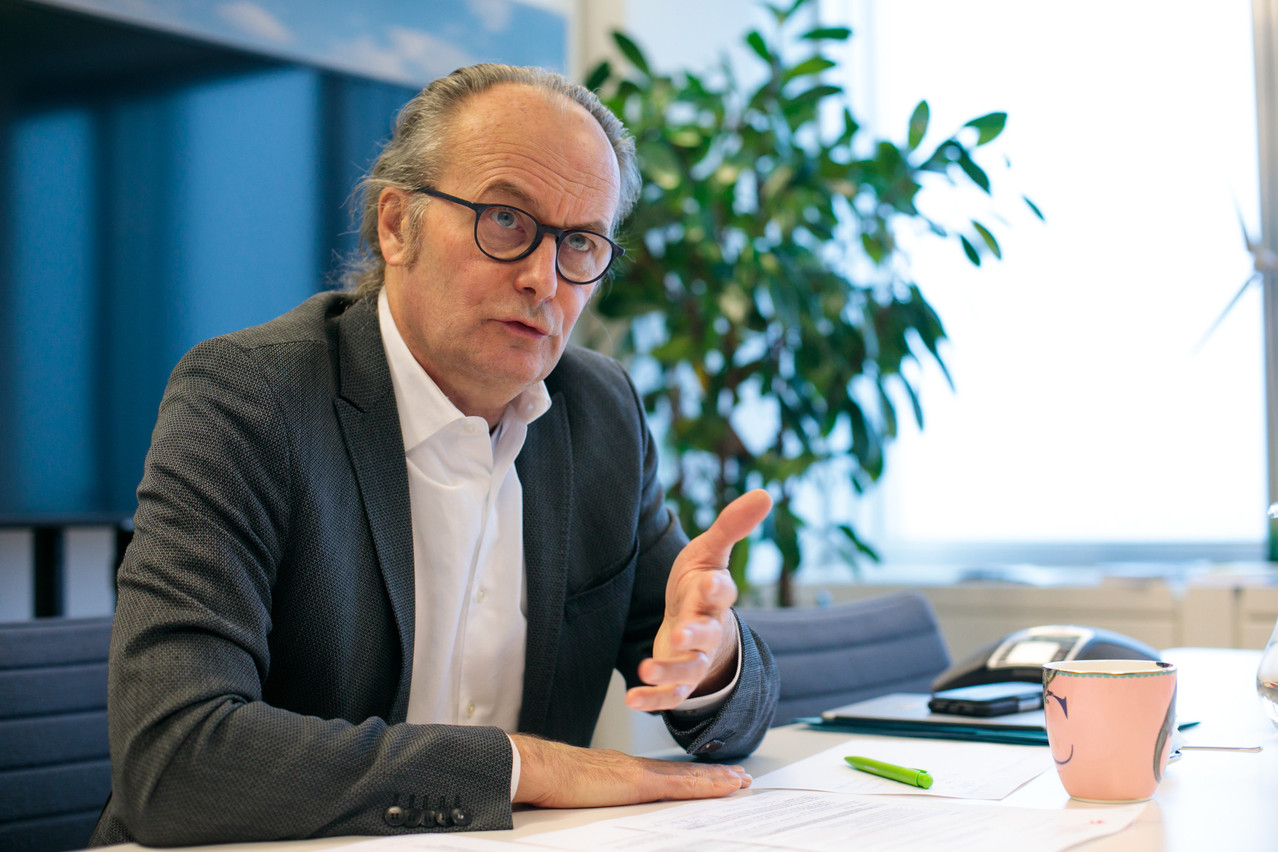Members of the CSV opposition had requested a debate in parliament about Luxembourg energy security, for example asking what would happen if Russia closed its taps or the EU agreed on an import embargo as part of sanctions for the invasion of Ukraine.
“We have a plan,” said Turmes (déi Gréng). “The plans is called the national climate and energy plan.”
All EU member countries had to draw up a so-called NCEP outlining how they would achieve their climate targets and reduce emissions by 55% by 2030 and become climate neutral by mid-century.
The Luxembourg plan includes more than 50 measures in different sectors, from agriculture and industry to construction and transport. Measures include easier access to home renovation subsidies to make houses more energy efficient, energy transition support for industry and investments in electric vehicle infrastructure and renewable energies.
“Electricity is the energy of the future,” said Turmes. Earlier this week, the government had extended subsidies to buy an e-car until March 2024.
Under international obligations, Luxembourg has stored enough petrol and diesel to last 90 days, Turmes said. “Supply security is the most important aspect of energy policy.” In case of shortages, there is a national plan to prioritise distribution to essential services and households, businesses and industry.
With winter now ending, he also said that most people would be turning down their heaters and not filling up oil tanks for heating. “For this winter we are on the safe side,” the minister said.
“Too dependent on Russia”
“We are too dependent on Russia and we must get out of that quickly,” the minister conceded.
The government has pledged €75m to help households stem the current rise in prices, including an energy bonus for families receiving a cost-of-living benefit as well as footing the bill for network costs with providers.
However, three weeks after announcing this aid, Turmes had to concede that it’s not yet available as administrative procedures are ongoing to set up payment. The government is waiting to announce any further measures until after a meeting with employee and employer unions. A date for these talks has not yet been set.
The majority parties--the DP, LSAP and déi Gréng--meanwhile voted against a proposal by the CSV to establish a dedicated committee on energy security to address the crisis, as prices had already begun rising before Russia invaded Ukraine.
Lawmakers had argued that such a committee would bring together MPs from different existing committees, such as family, energy and finance, allowing members of government to appear before one group and centralising discussions.
Such a committee was set up, for example, in the aftermath of the 2008 financial crisis.
